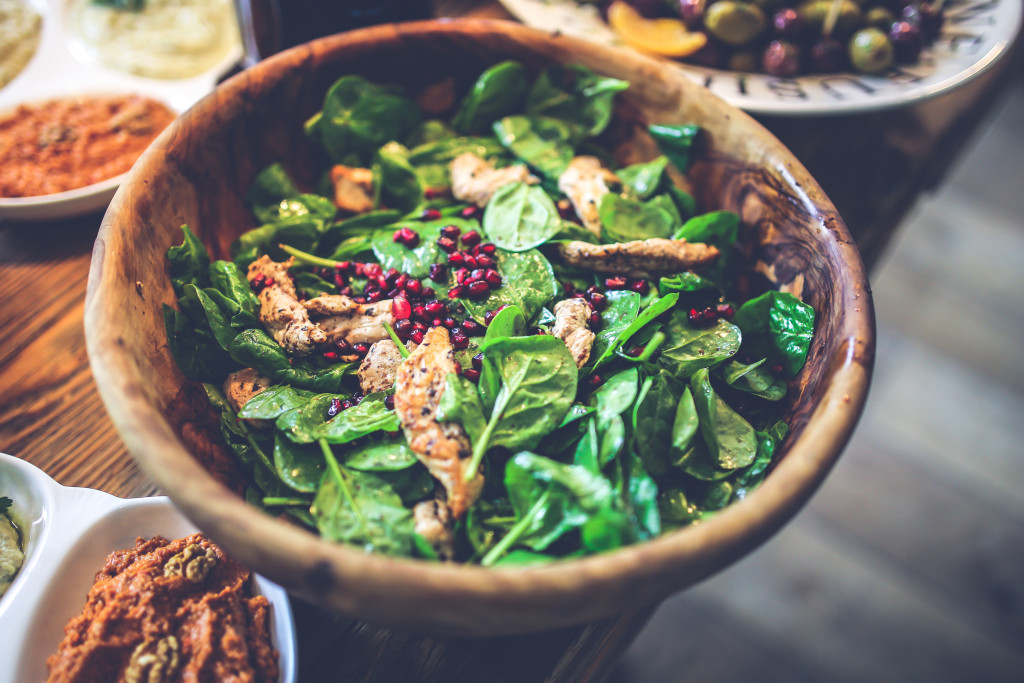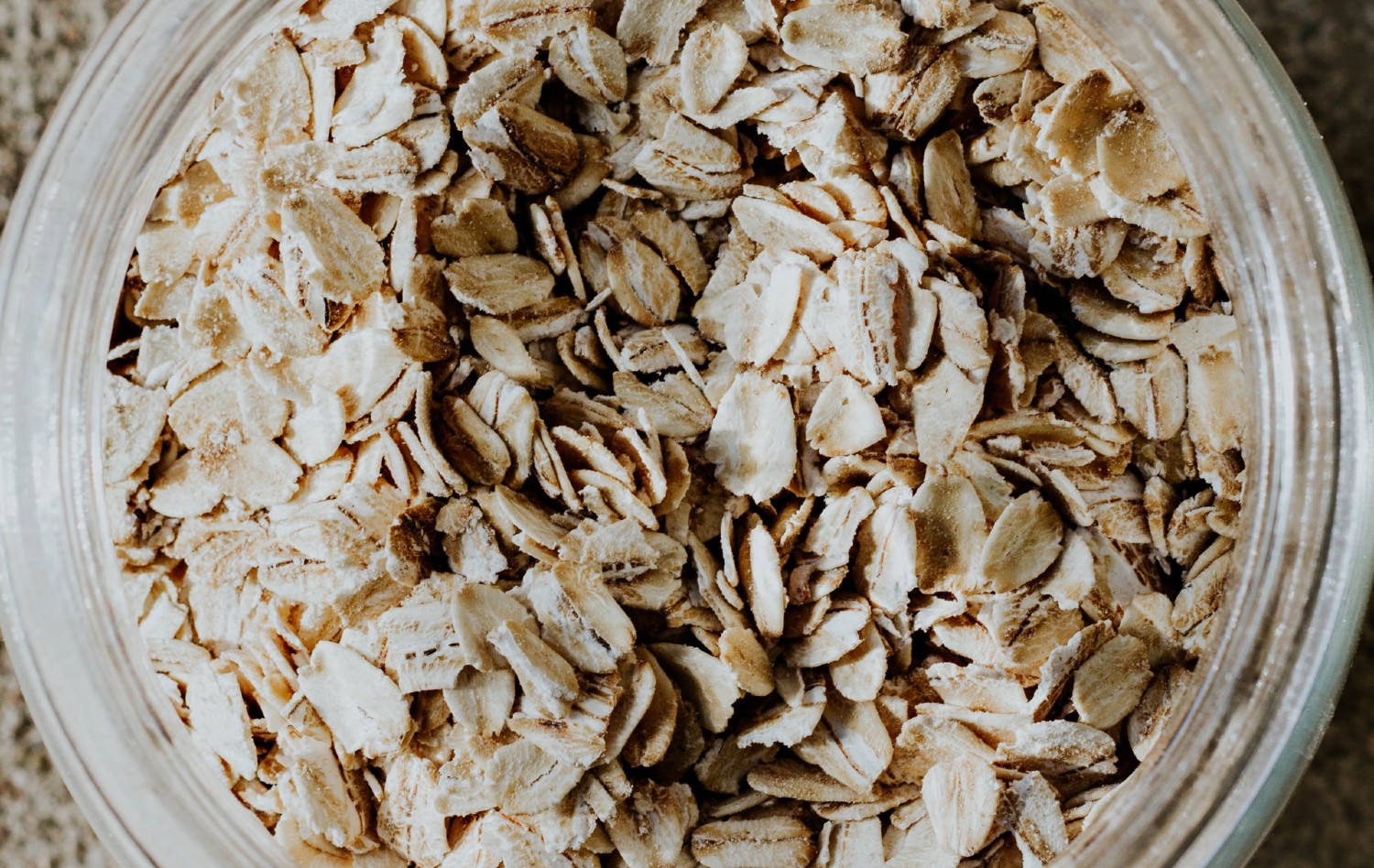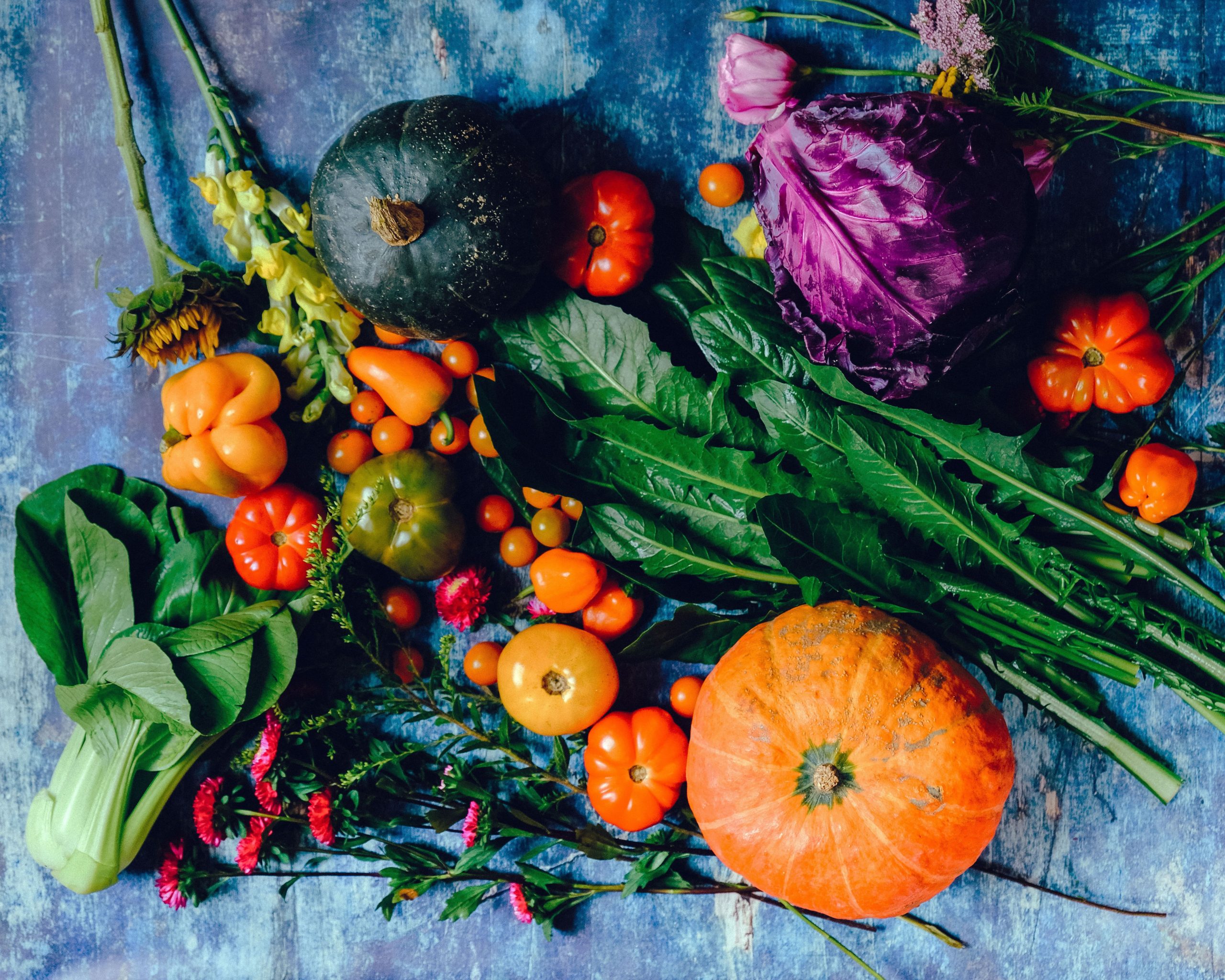
As a nutritionist digestion is always a primary focus when I’m looking to help a client. When a client comes to see me for support in mental health, it sometimes surprises them that there is a huge connection between their mood and not only digestive health, but also intestinal health. I recently wrote a blog post about the importance of a symbiotic microbiota for positive mental health, and as a follow up I thought it was necessary to write another post to discuss how exactly you can boost your own microbiota and support your child’s microbiota as they grow up.
The development of the microbiota is very interesting, and quite complex. It starts from the moment you are born, and continues throughout your life with the most crucial years from birth until around age 2 or 3. So if you’re pregnant, planning to conceive or interested in making some changes your gut will love, check out my top 5 ways to boost your child’s and your own microbiota!
1- Give Birth Naturally
While of course there are multiple reasons for which surgical intervention is required for a safe birth of your baby, if you are able, you should consider the benefits of having a natural birth. When your baby passes through the birth canal that is their first exposure to bacteria. Babies that are born via C-section have a higher risk of developing asthma, allergies, and other ailments including mental health problems. Babies that are born via C-section have different colonizing microbes, often types found more commonly on skin. Since the microbiota has a large effect on brain development this initial colonization is very important.
If you are not able to have a natural birth, don’t fret. A practice called “seeding” is beginning to gain traction for expectant mothers. It involves inserting a saline-soaked gauze into the mother’s vagina prior to giving birth. After the surgical birth, swabbing the baby with the gauze helps to ensure that the baby still receives those beneficial microbial colonies.
2- Consider Breast Feeding Over Formula Feeding
Breast milk contains many gut-supporting prebiotics. Prebiotics are a nondigestible component of food which act as food for the microbiota. Additionally, breast milk is equipped with a cocktail of beneficial microbes and substances which contribute to a healthy microbiota. These microbes have specific roles in the colonization of the baby’s intestinal tract which sets the stage for immune function in the gut. If the intestinal tract is not properly equipped, unwanted substances can cross through from the digestive system into the body. This can majorly contribute to inflammation, which I discussed in more detail in my last post, can definitely contribute to an array of different health problems.
3- Limit Antibiotic Usage
In 2013, the most antimicrobials dispensed in Canada were prescribed to children ages 0-5 years old. There were about 873 antimicrobial prescriptions per 1000 children in that year. When antibiotics are taken they do their job by killing the bad bacteria which makes us sick, unfortunately during this process they also kill our good bacteria. The microbiota is made up of a diverse spectrum of microbes and antibiotic usage can throw the intricate balance into a state of dysbiosis. The microbiota plays a large role in the function of the immune system. When you support your microbiome you also support your immune system, which may reduce the need for antibiotics. It’s quite the vicious cycle.
4- Eat Pre And Probiotic Containing Foods
As mentioned earlier, prebiotics serve as food for your beneficial bacteria in your intestinal tract. Prebiotics are a type of fibre, however not all types of fibre are prebiotic. Foods high in prebiotics include: raw Jerusalem artichoke, raw honey, raw garlic, raw and cooked onion, and raw leeks. Probiotics are live bacteria which can actually help populate your intestinal tract. Fermented foods are naturally high in probiotics. Some great foods high in naturally occurring probiotics include: properly made yogurt, kefir, kombucha, sauerkraut, fermented vegetables, and miso.
Growing your own fruit and vegetables, or at least buying organic promotes the likelihood that the soil your food is grown in will be more nutrient and microbe-rich. This adds to the quality of your food and supports your intestinal tract too!
5- Get Outside And Stop Being So Germ A Phobic
This might be a tough one to swallow. I know people in my own family who wash their hands even at the thought of going out in public places. While of course hygiene is important, these days our society tends to be quite extreme. When scientists raised mice in a germ-free environment they were found to have a much higher hormonal stress response when reacting to a stressful situation. Essentially, these mice had a dysfunctional HPA axis. Additionally, the mice developed different personality traits and exhibited more anxiety-like behaviours.
By playing outside, getting dirty more often, and possibly washing you or your child’s hands less often you can increase your exposure to bacteria. This allows our bodies to build a stronger immune system, and reduces the antibacterial soaps from killing our own beneficial bacteria.
Easy Peasy Prebiotic Roasted Vegetable Summer Salad

Serves 2-3.
Dressing Ingredients:
- 2 tbsp. Apple Cider Vinegar
- 1 tbsp. Fresh Lime Juice
- 2 tbsp. Olive or Avocado Oil
- 1 tbsp. Local, Raw Honey
Salad Ingredients:
- 2-3 Organic Chicken Breasts
- 4-5 Stalks Asparagus
- 2 Large Carrots Chopped
- 1 Small Red Onion Chopped
- ½ Broccoli Head Chopped
- 4 Cups Spinach
- ½ Cup Raw Pumpkin Seeds
- ½ Cup Unsweetened Dried Cranberries
- 1 Tsp. Turmeric
- ½ Tsp. Chilli Powder
- Salt & Pepper To Taste
Directions:
1- Preheat oven to 450 degrees
2- Grill or bake chicken breast until fully cooked
3- Season asparagus, carrots, onion, and spinach with all the above seasonings
4- Bake asparagus, carrots, red onion, and broccoli in preheated oven for 20-25 minutes
5- Use spinach as a base, add the roasted veggies, top with pumpkin seeds and dried cranberries, followed by the grilled/baked chicken & delicious honey lime dressing.
To complement this delicious meal consider having some Kombucha or my easy Inflammation Reducing Gut-Loving Smoothie.
If you enjoyed my summer salad recipe, and you want more delicious recipes with access to free regular videos relating to nutrition and mental health check out my FREE facebook community at Brain Food Nutrition.
Author: Ashley Cockwell regular mental health contributor and founder of Brain Food Nutrition.
Ashley is a Registered Holistic Nutritionist with a university background in Psychology and Neuroscience. She is an individual who has majorly reduced her anxiety and depression through diet and lifestyle changes. This is what propelled Ashley to set up the community group Brain Food Nutrition, and now she dedicates a lot of her time to educating others on the importance of diet and lifestyle for a healthy mood.



